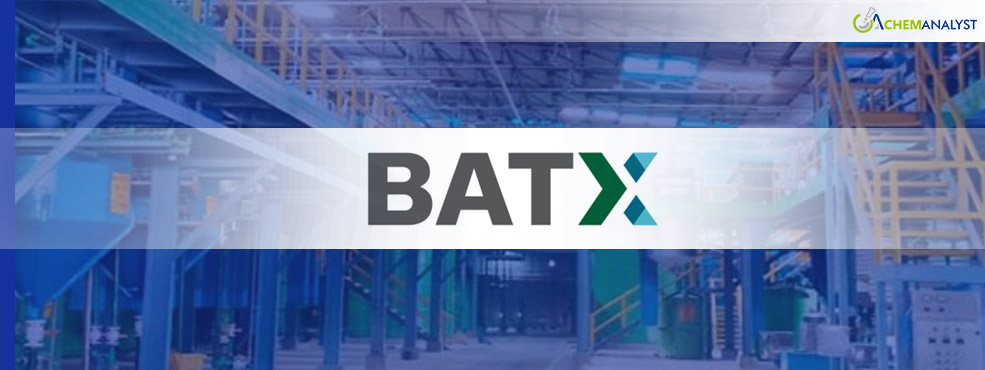Welcome To ChemAnalyst

BatX Energies has taken a bold step in India’s green energy transition with the unveiling of its state-of-the-art Critical Minerals Extraction plant, HUB-1, in Uttar Pradesh. This innovative facility is poised to reshape the landscape of India’s lithium-ion battery recycling, with significant implications for the chemical industry. By focusing on the extraction of critical materials like lithium, cobalt, nickel, and manganese from used batteries, BatX Energies aims to reduce India’s dependency on imported raw materials, aligning with the government’s AtmaNirbhar Bharat (self-reliant India) initiative.
The facility leverages an advanced hydrometallurgical process, a key technological advancement that allows for the efficient and sustainable recycling of various types of lithium-ion battery waste, including gigafactory rejects. This method not only enhances the recycling efficiency but also supports India’s broader sustainability goals by reducing the environmental footprint of battery production and disposal. By implementing a zero-emission, zero-waste approach, the plant adheres to stringent Environmental, Social, and Governance (ESG) standards, positioning BatX Energies as a leader in environmentally responsible recycling within the chemical sector.
The impact on the chemical industry will be profound. As the demand for electric vehicles (EVs) and renewable energy storage systems skyrockets, the need for critical raw materials, especially lithium and cobalt, has surged globally. Traditionally, India has relied heavily on imports to meet the requirements for these materials, a situation that has strained the chemical supply chain and led to fluctuating prices. BatX Energies’ HUB-1 facility aims to address this issue by creating a local, sustainable source of these vital materials, which will help stabilise the supply chain and reduce costs for manufacturers in India’s growing EV and energy storage markets.
The new plant will also stimulate growth in the chemical manufacturing sector by increasing the demand for chemical reagents and catalysts used in the hydrometallurgical recycling process. Companies that supply chemicals for processing and refining battery materials will see a boost in business, while chemical engineers and researchers will likely be called upon to innovate in areas such as reagent recovery, waste management, and process optimisation.
Moreover, the plant’s focus on creating a circular economy by recycling battery materials will have a knock-on effect on India’s broader chemical industry. As BatX Energies’ success encourages more investment in similar recycling technologies, demand for eco-friendly chemicals and green processing solutions will rise. This shift will push chemical manufacturers towards developing more sustainable and energy-efficient products, paving the way for a greener, more self-sufficient future.
In conclusion, BatX Energies’ HUB-1 facility represents a significant milestone in India’s green energy and chemical sectors. By unlocking the potential of lithium-ion battery recycling, it not only supports India’s clean energy transition but also transforms the chemical industry, driving innovation and fostering sustainable practices across the supply chain.
We use cookies to deliver the best possible experience on our website. To learn more, visit our Privacy Policy. By continuing to use this site or by closing this box, you consent to our use of cookies. More info.
